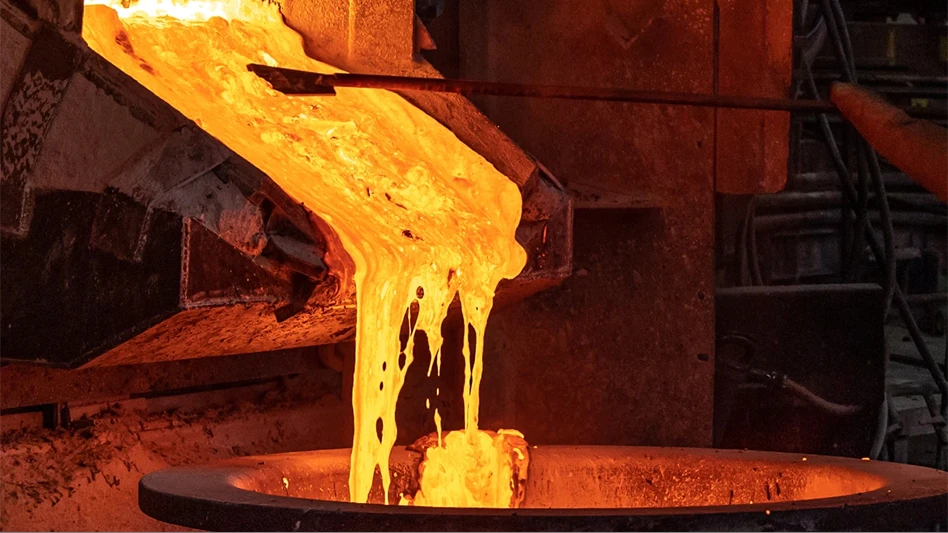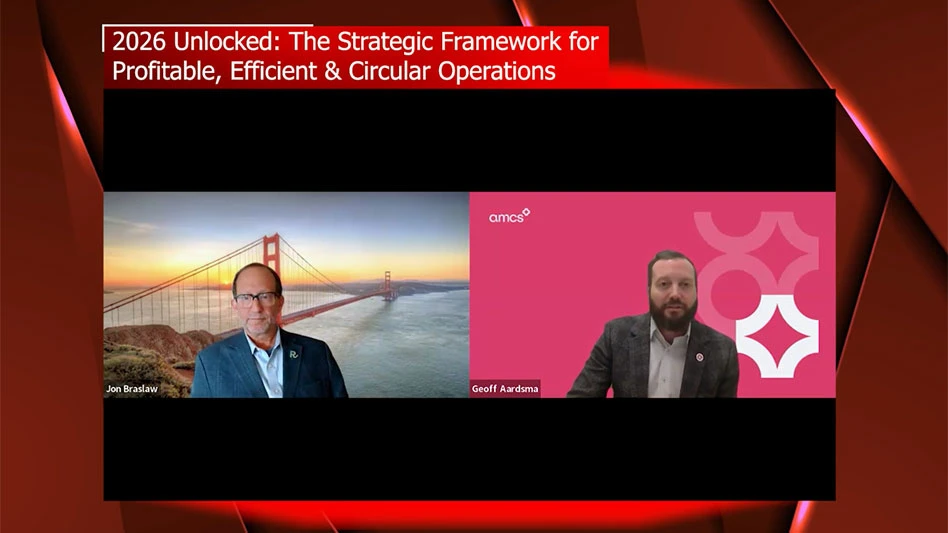
Photo courtesy of Dreamstime
The WhiteCycle project, coordinated by French manufacturing company Michelin, was launched July 1. It aims to develop a circular economy to convert complex materials containing textiles made of plastic into products with high added value, according to Michelin. Co-financed by the Horizon Europe program of the European Commission, this public/private European partnership includes 17 organizations.
The WhiteCycle ambition by 2030 is to foster the annual recycling of more than 2 million tons of polyethylene terephthalate (PET). Michelin says this project should make it possible to reduce CO2 emissions by approximately 2 million tons and to avoid the landfilling or incineration of more than 1.8 million tons of plastic each year.
Composite postindustrial materials containing polyester (PET) textiles and other components from tires, hoses and multilayer clothes at the end of the products’ life cycles soon could become recyclable, the company says. That material could go into producing new plastic for tires, hoses and clothes.
Seventeen public and private European organizations are combining their scientific and industrial expertise:
three industrial partners (Michelin, Mandals, Inditex);
two waste management companies (Synergie TLC, Estato);
one intelligent sorting small and medium- sized business (Iris);
one biological recycling small and medium-sized business (Carbios);
one PET plastic processing plant (Kordsa);
one product lifecycle analysis company (i-Point);
six universities, research and technology organizations (Pprime, Universite de Poitiers, DITF, IFTH, Erasme, HVL);
one business cluster (Axelera); and
one project management practice (Dynergie).
The consortium will establish the new processes required for the various steps in the value chain:
sorting technologies that make it possible to considerably increase the plastic content of complex waste streams to better process them;
a preprocess for recuperated plastic, followed by a recycling process (using an enzyme) that sustainably disintegrates the preprocessed plastic into pure monomers;
repolymerization of the resulting plastic monomers to produce like-new plastic;
and quality verification of the new products made with the plastic resulting from recycled complex waste.
Latest from Recycling Today
- EPR implementation working group adopts nationwide focus
- CPM Crown to open European operations hub
- Mardi Gras sustainability initiative collects 14K pounds of recyclables
- Reju selects site for French textile recycling facility
- Hydro’s earnings decrease year over year
- Republic Services appoints Ian Craig to board of directors
- Phoenix Public Works Department proposes solid waste rate increases
- REalloys adds general to executive ranks





